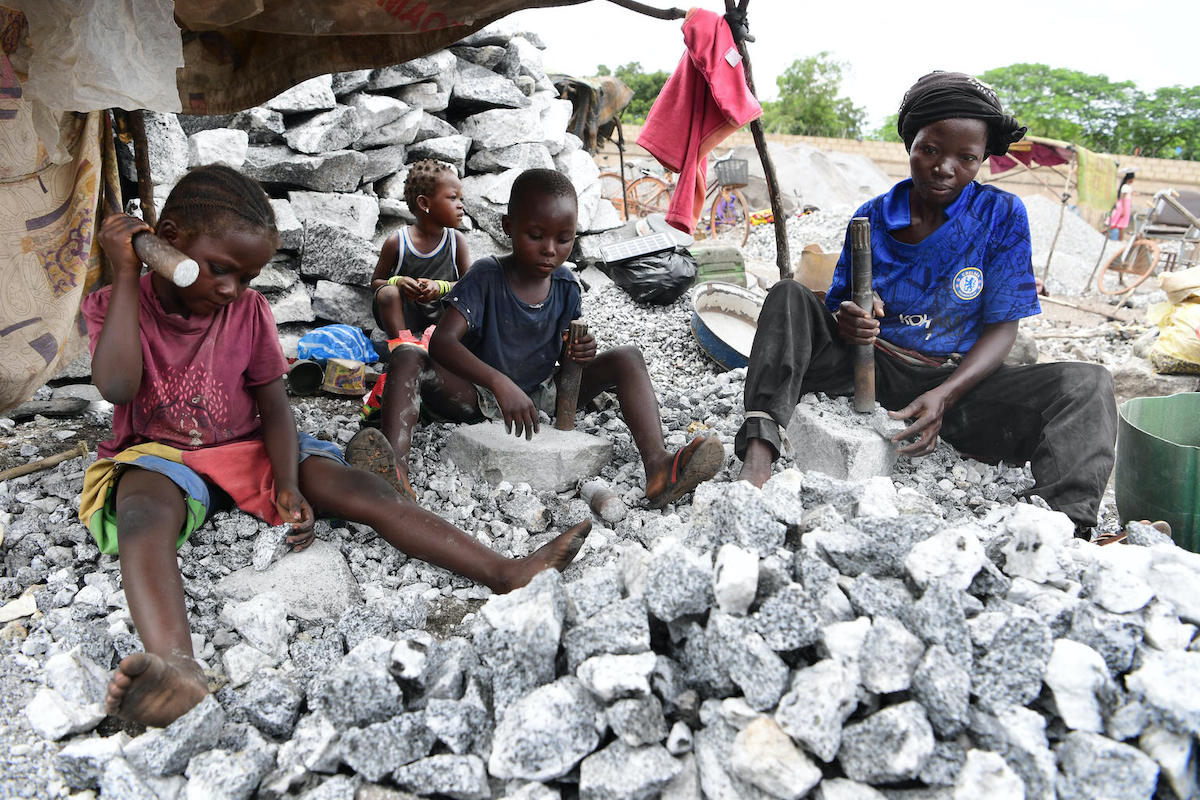Minister of Labour and Social Security Brenda Tambatamba says rural areas have continued to record higher percentages of child labour, especially in the agricultural sector, standing at over 60 percent.
Ms Tambatamba said child labour is harmful to children all round and government is therefore committed to provide a safe and healthy environment for children.
She pointed out that child labour has negative effects on the education, mental, physical, social and moral aspect of children.
The Minister also noted that not all work done by children can be classified as child labour adding that the participation of children in work that does not interfere with their health and education or personal development is important to the development and integration of every child into society.
“In Zambia, the 2020 Child Labour report estimated that over 430,000 children were engaged in child labour, with 29,000 involved in hazardous labour. Unfortunately, rural areas have continued recording higher percentages of children involved in hazardous work with a collective percentage of 60.5 percent,” she said.
The Minister was speaking this morning in Lusaka when she graced the commemoration of the World Day Against Child Labour under the theme: Let Us Act on our Commitment: End Child Labour!
She said the theme is a solemn reminder to all stakeholders that the fight against child labour is a responsibility of every Zambian, saying that it is high time commitments are strengthened to end the vice.
“Government recognizes the importance of partnerships in fighting child labour through line ministries, Civil society and international organisations,” she added.
She reiterated governments commitment to fight child labour, by using existing laws, child protection policies and programmes.
Speaking at the same event, Zambia Congress of Trade Unions (ZCTU) Deputy Secretary General Catherine Choba said there is need to continue putting in place concerted efforts from all social partners in order to win the fight against child labour.
Ms Choba also bemoaned the high levels of child labour in the informal sector, stating that a lot of children are being employed without any due regard for national laws.
She however commended government for establishing laws and regulations that are aimed at preventing child labour including the worst forms.
“ZCTU is committed to work with government, employees, local authorities and traditional leaders in addressing some gaps existing in our legal framework at the national and local levels,” she added.
And Zambia Federation of Employers (ZFE) Vice president Kennedy Njamba pointed out that according to the Labour Force Survey reports of 2012 and 2022, child labour cases in Zambia have been declining as interventions to curb child labour undertaken over the years have yielded positive results in fighting child labour.
Mr Njamba charged that since the Labour Force Survey still indicated some presence of child labour in some sectors, consented efforts are still needed to completely eradicate child labour.
“Global progress against child labour, including hazardous child labour, has stagnated since 2016, compromising the opportunities for consecutive generations to work their way out of poverty,” he added.
Meanwhile, International Labour Organisation (ILO) Country Director Wellington Chibebe in a speech read on his behalf by ILO Social Protection Project Manager Jean-Louis Lambeau said the global fight is far from over as an estimated 160 million children globally are still engaged in child labour, with 79 million involved in hazardous work, likely to harm their health, safety and morals.
Mr Chibebe said child labour is a widespread phenomenon that has not declined despite the existence of laws that prohibit burdensome forms of child labour and the constant efforts of many governmental, non-governmental and international organisations to protect children’s rights.





